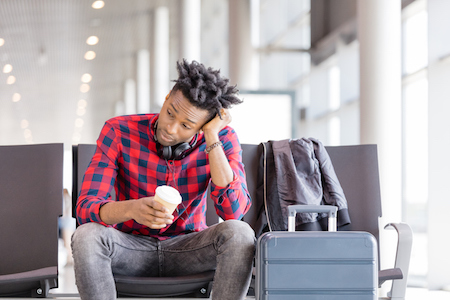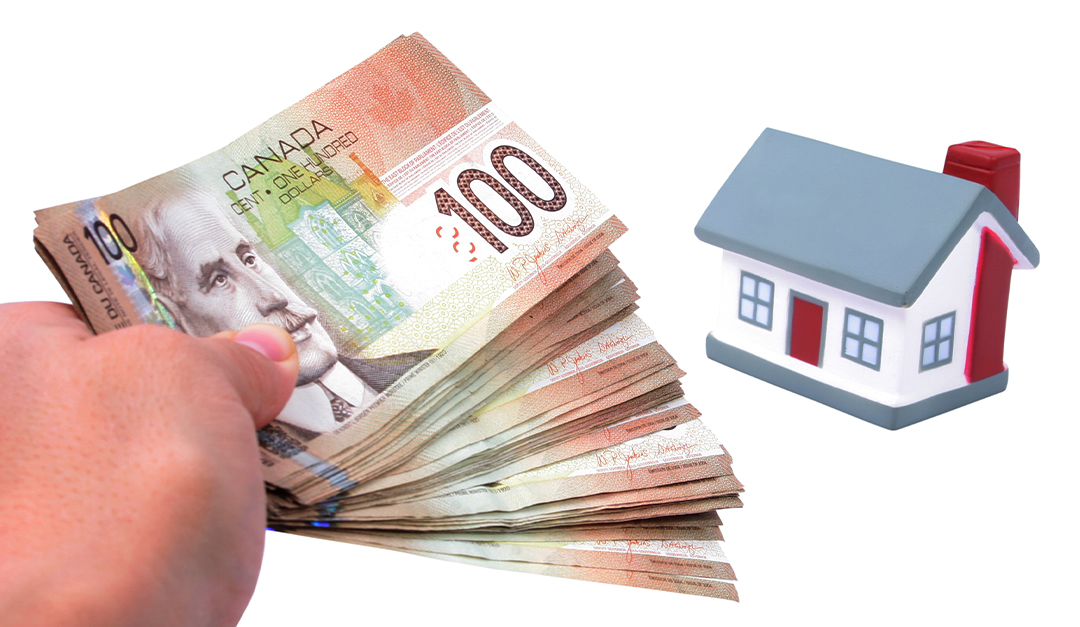Whether you’re a seasoned jet setter who hops on a plane regularly for work commitments, or whether you like to save up your points to take an annual tropical getaway, it’s likely you’ve experienced jet lag. Flying can be stressful enough on its own, and when you add switching time zones into that equation, well, it’s a lot for your system to handle. Try these tips to make everyone’s least favourite part of vacationing a little more bearable.
Adjust to your new local time as early as possible. As soon as you’re settled into your airplane seat, try setting your watch or phone to local time for the destination you’re heading to. Once you get there, stick to that schedule. Eat your meals at local time and go to bed at local time. With any luck, your jet lag will have alleviated by the next morning.
Keep your body hydrated. It’s not a secret that airplane air is dry and stuffy. Combat this by spritzing water on your face every few hours, which keeps your skin hydrated. You can even buy battery-operated humidifiers that are small enough to fit in your carry-on bag and provide a steady stream of moisture-balanced air. This helps to purify the air that goes into your body. Avoid beverages like caffeine and alcohol, which contribute to dehydration.
Get some sun. People develop jet lag because traversing time zones rapidly affects our circadian rhythms. Our circadian rhythms function based, in part, on how much sunlight we get. Once you land, it might be tempting to have a nap or explore your new quarters inside. If you want to treat jet lag, however, a better idea is to go outside, feel the sun on your face and explore your hotel grounds or some nearby tourist sites.











